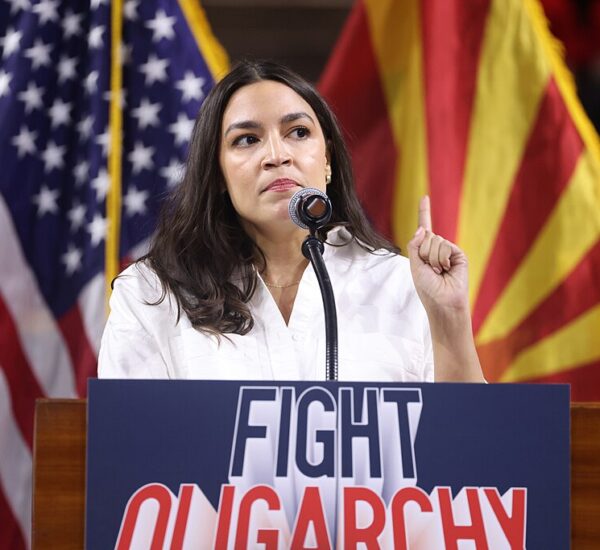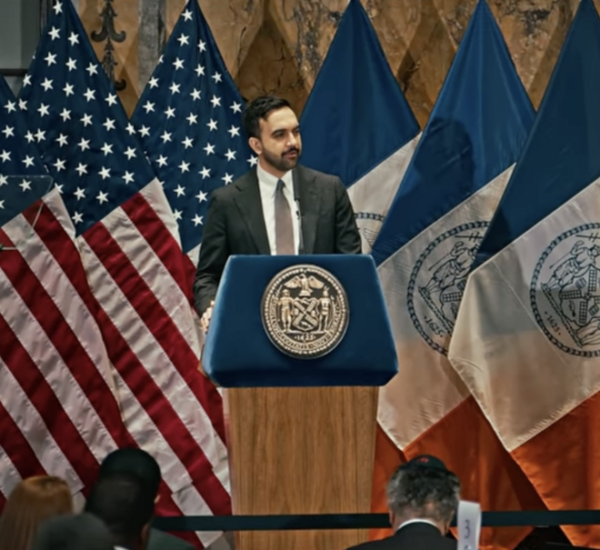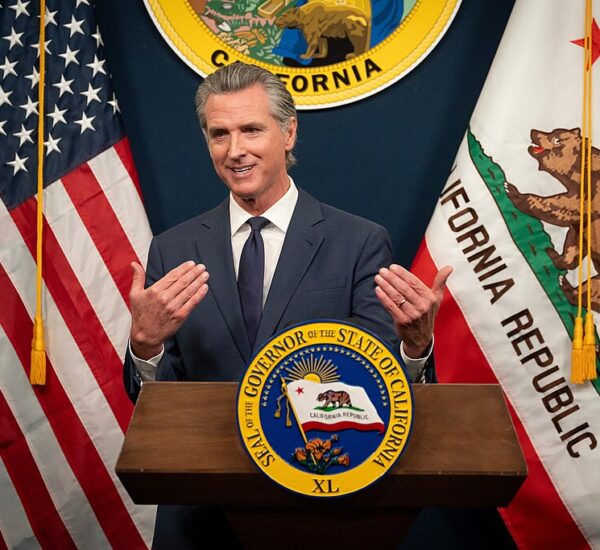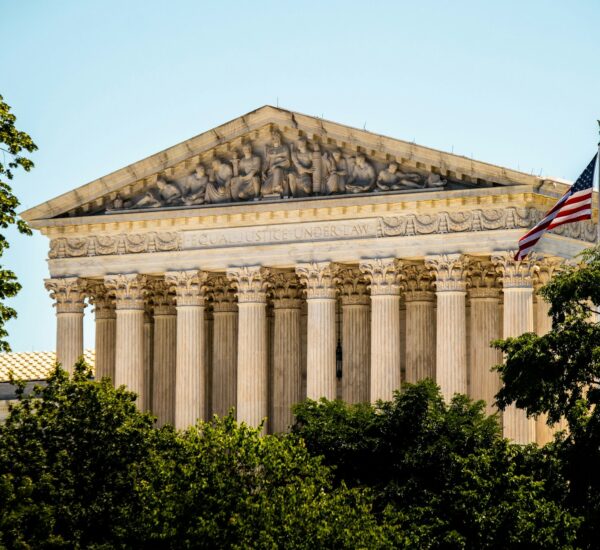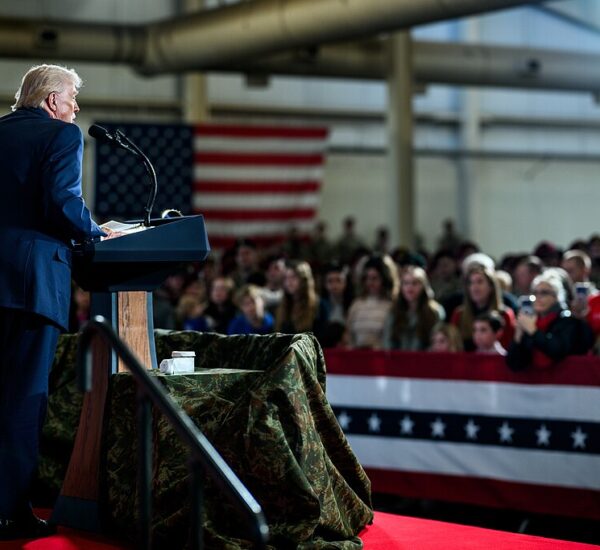Things are going to change!
CHARLESTON, WV – In a landmark decision to protect children’s health and improve food safety, West Virginia has officially become the first state in the nation to ban a series of artificial food dyes and preservatives commonly found in everyday products.
Republican Governor Patrick Morrisey signed House Bill 2354 into law this week, launching what many are calling the boldest step yet in reclaiming control over what goes into our food—and our children’s bodies.
What’s Being Banned—And When
Beginning August 1, 2025, the following synthetic dyes will be banned from school meals across West Virginia:
- Red Dye No. 3
- Red Dye No. 40
- Yellow Dye No. 5
- Yellow Dye No. 6
- Blue Dye No. 1
- Blue Dye No. 2
- Green Dye No. 3
And starting January 1, 2028, these same dyes—along with two additional chemical preservatives (butylated hydroxyanisole, or BHA, and propylparaben)—will be banned from all food products sold in the state, whether in stores, restaurants, or vending machines.
Why It Matters for Families and Seniors
Many of these artificial dyes have been linked to hyperactivity in children, potential cancer risks, and long-term health issues. While banned in Europe, these chemicals have been widely used in American food products for decades.
“This is about protecting our kids, restoring common sense, and making America healthy again,” said Governor Morrisey. “West Virginia is proud to lead the charge.”
The Governor also thanked Trump administration leaders and Health and Human Services Secretary Robert F. Kennedy Jr. for helping jumpstart this effort at the federal level.
FDA Under Pressure to Act Nationally
Earlier this month, Secretary Kennedy directed the FDA to reconsider outdated “Generally Recognized as Safe (GRAS)” classifications that allow chemical additives to slip through the cracks.
“We want the dyes out of the food,” Kennedy told Fox News. “We’re demanding transparency and safety.”
Corporate Pushback and Consumer Concerns
Not surprisingly, major food and beverage corporations are fighting back. The American Beverage Association issued a statement warning that the ban could raise food prices, reduce product availability, and hurt local businesses.
But many West Virginians—and millions of Americans—say it’s time for real change.
“West Virginians deserve better than chemical-laced food,” said one Charleston mother. “This is about freedom, truth in labeling, and keeping our children safe.”
A Conservative Victory for American Families
As other states begin to follow West Virginia’s lead, one thing is clear: health freedom, parental rights, and government accountability are no longer fringe issues—they’re at the center of the national conversation.
This move isn’t about fear—it’s about facts, family, and the future.


